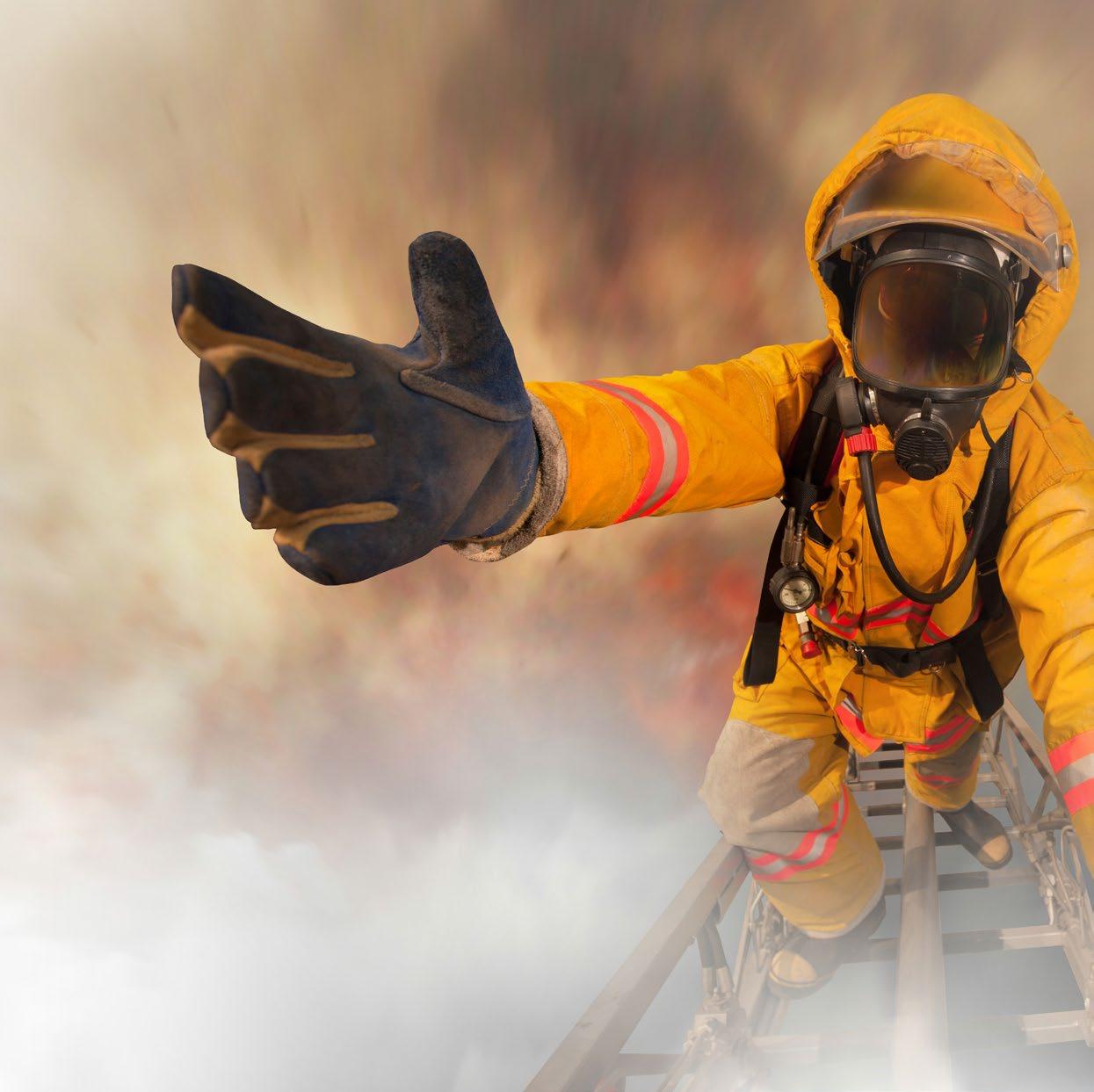
1 minute read
Chemistry
Entry Requirements
Prospective students will need a minimum of 5 GCSEs at grade 4 or above.
Advertisement
You will need a minimum of a grade 6 in GCSE Chemistry or a grade 7 in Combined Science and a minimum of a grade 6 in GCSE Maths.
WHAT WILL I STUDY?
Chemistry is a physical science, and is the study of the properties of and interactions between matter and energy and the natural laws that describe them. In other words, chemistry is a way to study the properties, characteristics, and physical and chemical changes of matter. It is sometimes known as the central science because it touches all other natural sciences, like biology, physics, geology, and more.
Students will study 3 branches of Chemistry: Physical, Organic, and Inorganic. Each of these branches is studied in both year 12 and year 13. Overall; 12 Physical units, 6 Inorganic and 16 Organic units, are studied.
In year 12 the Chemistry taught is in a large part a foundation for topics in year 13, although they are discreet topics within themselves. They introduce the learner to topics such as; organic mechanisms, understanding patterns in the Periodic Table, structure and bonding of molecules and lattices in 3D, understanding rates of reactions and the chemistry of the atmosphere. In year 13, Organic units include; a large Biochemistry unit, and a synoptic organic synthesis unit, which draws on much of the organic and analytical content on the course. Year 13 Inorganic units are closely linked to the required practicals. Year 13 Physical units build on the units in year 12 and introduce cross topic problem solving.
The course is assessed by three exams, each exam is two hours long. The Chemistry exam papers are unique in the sciences as the content is split in a seemingly unusal way.
Paper 1 covers Inorganic and Physical Chemistry, Paper 2 covers Organic and Physical Chemistry and Paper 3 covers the Practical skills and all content.
Papers 1, 2 and 3 are all comprised of short and long answer questions, however 25% of the Paper 3 is also multiple choice.
Students will carry out 12 required practicals over the two years, by doing this they will achieve the practical endorsement which is requirement of passing the course.
Future Opportunities
Studying A-level Chemistry offers an amazing number of career opportunities including; Analytical Chemist, Drug Researcher, Forensic Scientist, Food Scientist, Geochemist, Toxicologist, Environmental Chemist, Chemistry Teacher, Atmospheric Chemist, Astrochemist, Pharmacist, Biochemical Researcher, Chemical Engineer, Biomedical Engineer. In fact chemistry is important to many sectors in and out of the lab and is highly valued by employers.
If you are thinking of studying Medicine or Veterinary courses, Chemistry is a specific requirement. It also highly recommended for Dentistry.










